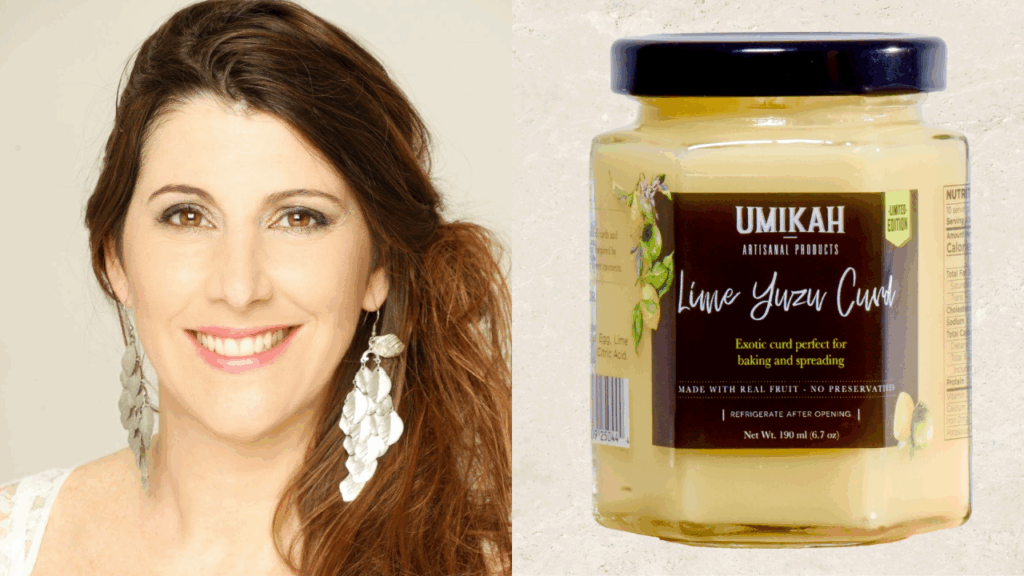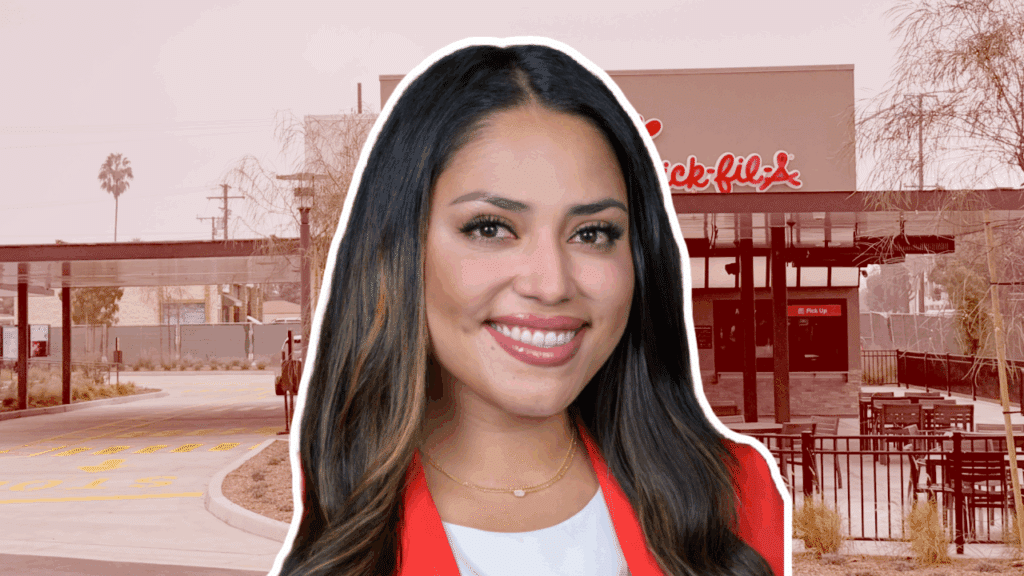‘Am I Just a Mother?,’ Arivee Vargas on Motherhood, Identity, and Learning to Rise Above
Racing at full speed, my heart was about to burst out of my chest. I gasped for air, as my hands and knees hit the hardwood floor. With tears streaming down my face and nearly out of breath, I cried to my husband. He had walked into our bedroom seconds earlier. Between heavy breaths, I said to him: “I can’t do this anymore. I can’t.” I could feel my husband looking down at me. I didn’t look up at him. I couldn’t. He bent toward me, took my hands in his, one at a time, and helped me off the floor. He walked me a few steps to the edge of our bed, and we both sat down. He said, “I can see this is hard for you. What do you need?” I still couldn’t look at him. My eyes stayed focused on the floor. My neck and shirt were wet from tears, no matter how hard I tried to wipe them away.
This is not how I am supposed to feel, I thought.
Isn’t being a new mom supposed to be some blissful experience where you finally meet the baby you’ve been waiting to welcome to the world for so long? I felt shame that I wasn’t grateful for simply having a baby. I was embarrassed of my tears and my obvious inability to keep it together. This isn’t me, I thought. What is happening? I’m not someone whose husband finds her on the floor crying when he gets home from work. I’m not even someone who cries like that. I’m a first-generation Latina. I’m a lawyer and a fighter. I’ve been through a lot, and I’m tough.
I come from a long line of strong women who toughed it out. They got it done. They birthed their children without epidurals (my mother had nearly all eleven pounds of me without one). They worked full-time jobs, did drop off and pick up at school, daycare, and after-school programs. They had dinner on the table by 5:30 p.m. sharp, gave us baths, put us to bed, made sure we had the right size clothes for the appropriate seasons, and all the other things that mothers do. And they never complained.
The physical strain on my body, my guilty feelings about being a bad mother, and the shame around my inability to be grateful for the experience of motherhood was compounded by the sense that I was losing my identity as a person. I often thought, “Is this all I am now? Am I just a mother?” I didn’t want to “just be a mother.” I was my own person before I got married and had children.
When our son was born, it felt like I was losing myself in motherhood instead.
There was something deeper stirring, beyond the physical and emotional exhaustion I felt as a new mother. I had lost my footing. There was nothing keeping me, I had lost my footing. There was nothing keeping me on the ground. No anchor and no compass. I had the baby blues, which culminated in the moment my hands and knees hit the floor, along with my entire world.
As exhausted as I was, I wanted to go back to work when my son was three months old—not because I had clients that needed me or because my work was fulfilling—but because work had been my life since I was twelve. Not as an attorney, obviously, but at my after-school jobs and with my schoolwork. Work was where I derived a sense of accomplishment and achievement, where I felt valuable. The better I performed, the better I felt about myself.
I didn’t separate Arivee, the person, from Arivee, the lawyer.
For me, they were one and the same. For me, it wasn’t even about the substance of the work; it was about how I felt validated through my work and how my work (and work ethic) was praised by other people. At law firms, doing excellent work is the baseline. But junior associates are recognized for going above and beyond, for answering emails late at night, on weekends and over holidays, and volunteering to be staffed on cases over the holidays. That’s what made you great versus good. It was about how far you were willing to go to show your loyalty, work ethic, and commitment, which led, of course, to overworking and sacrificing time with family and friends. There were too many 2 a.m. nights to count. I equated my work performance and productivity with my value as a person, and when I was no longer working, my source for validation was gone, too. That’s how I started my legal career, and I carried that mindset and belief into both of my federal clerkships and the second law firm I joined after that.
By the time I went back to work after having my son, I knew I couldn’t keep up the same pace as before, and I wanted more out of my career and my life; I knew I was meant for more. Deep inside, I knew I was playing small. But I didn’t want to face or accept that truth. I was physically and emotionally exhausted, struggling with my identity as a new mother, and if all of that wasn’t hard enough, I was battling the thought that I didn’t want the very job that shaped my professional identity.
Excerpted from the book “Your Time to Rise: Unlearn Limiting Beliefs, Unlock Your Power, and Unleash Your Truest Self” by Arivee Vargas.




